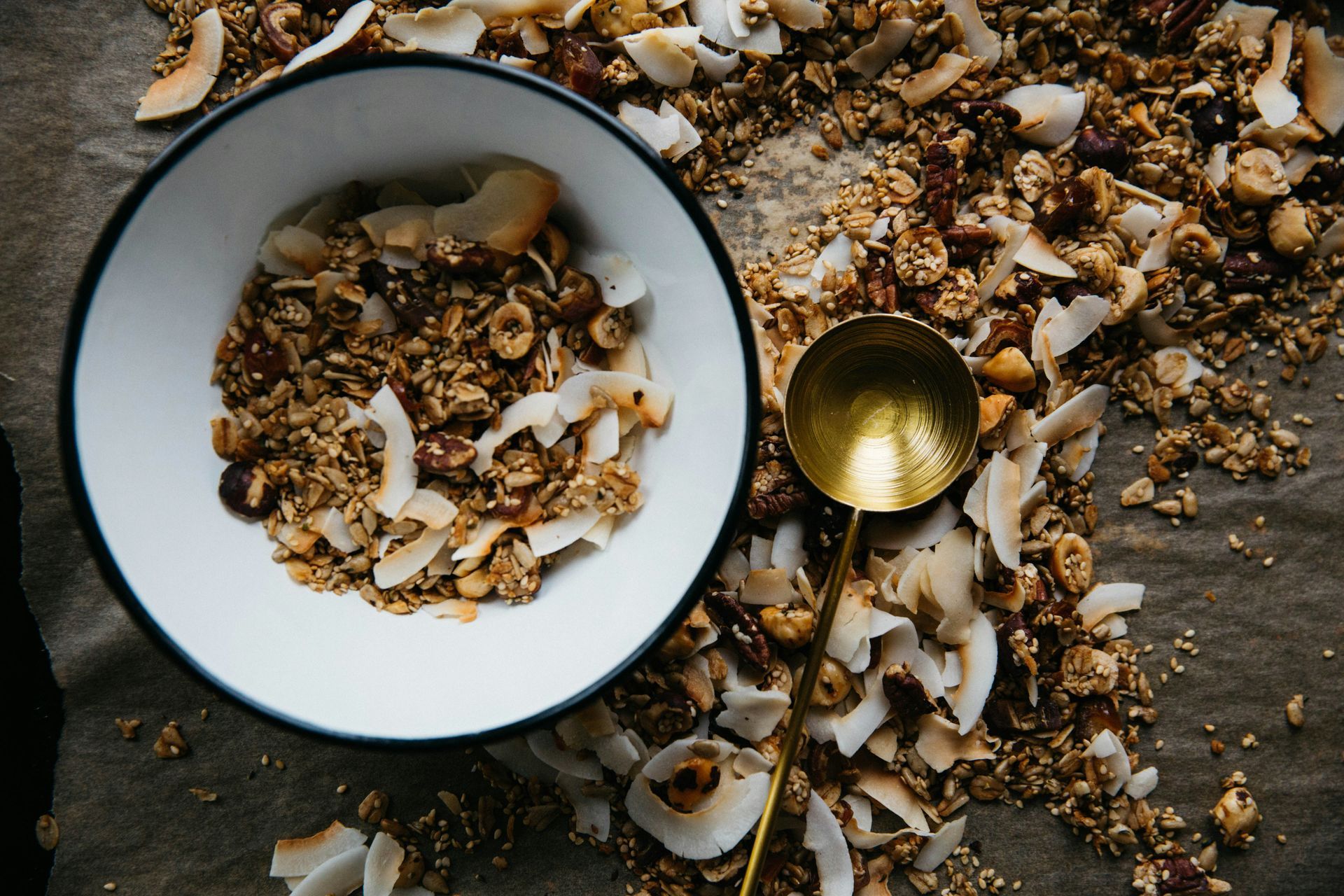Should I Quit Caffeine?
The Pros & Cons of Caffeine
Are there health benefits to caffeine?
Definitely, yes. It can:
- Boost Energy Levels: By far, the most famous effect of caffeine is its ability to help energize people. This occurs because caffeine is a substance known as a stimulant, which helps create an improved mood, higher levels of alertness, and lower levels of self-reported fatigue among users.
- Increase Metabolic Rate: The same stimulant effect that can help make you more alert may also give your metabolism a boost. Consuming the amount of caffeine found in a single cup of coffee has been linked to a 3-4% increase in metabolic rate. This means that consuming caffeine may slightly increase the number of calories you burn in a day.Researchers are still studying to confirm whether this effect happens on its own. Another possibility is that caffeine reduces fatigue and encourages more movement or exercise in people.
- Improve Exercise Performance: The same reduction in fatigue may help you exercise more efficiently. Studies suggest that consuming a moderate amount of caffeine before exercise can help improve your athletic performance and reduce your fatigue during the exercise.Caffeine may even make exercise feel less difficult, which can help you enjoy the process more and exercise more frequently.
How much caffeine is too much?
The Food and Drug Administration says that most adults can safely consume up to 400 milligrams a day. There is definitely a dark side to caffeine as well. From his article, "Caffeine, The Invisible Addiction," Michael Pollan, the renowned author of "In Defense of Food" writes...
"For most of us, to be caffeinated to one degree or another has simply become baseline human consciousness. Something like 90% of humans ingest caffeine regularly, making it the most widely used psychoactive drug in the world, and the only one we routinely give to children (commonly in the form of fizzy drinks). Few of us even think of it as a drug, much less our daily use of it as an addiction. It’s so pervasive that it’s easy to overlook the fact that to be caffeinated is not baseline consciousness but, in fact, an altered state. It just happens to be a state that virtually all of us share, rendering it invisible.The scientists have spelled out, and I had duly noted, the predictable symptoms of caffeine withdrawal: headache, fatigue, lethargy, difficulty concentrating, decreased motivation, irritability, intense distress, loss of confidence and dysphoria. But beneath that deceptively mild rubric of “difficulty concentrating” hides nothing short of an existential threat to the work of the writer. How can you possibly expect to write anything when you can’t concentrate? I postponed it as long as I could, but finally the dark day arrived. According to the researchers I’d interviewed, the process of withdrawal had actually begun overnight, while I was sleeping, during the “trough” in the graph of caffeine’s diurnal effects. The day’s first cup of tea or coffee acquires most of its power – its joy! – not so much from its euphoric and stimulating properties than from the fact that it is suppressing the emerging symptoms of withdrawal. This is part of the insidiousness of caffeine. Its mode of action, or “pharmacodynamics”, mesh so perfectly with the rhythms of the human body that the morning cup of coffee arrives just in time to head off the looming mental distress set in motion by yesterday’s cup of coffee. Daily, caffeine proposes itself as the optimal solution to the problem caffeine creates."
Excerpt from: "The Invisible Addiction: Is It Time To Give Up Caffeine?
Exercise is man's best medicine
--Hippocrates
Nutritious Foundations















